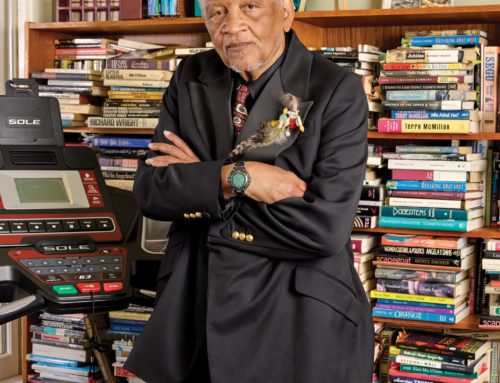The Korean War (1950-1953) and its ramifications have imprinted themselves on the work of several South Korean fiction writers (there is no literary scene worth mentioning in North Korea, where state ideology governs the arts), perhaps none more so than novelist Kim Won-il, who was consumed with the subject for a good while. Kim was born in 1942 in the southern part of then-united but Japanese-occupied Korea. A few years later, the Japanese were gone, but the country had been divided in two. Kim suffered through the subsequent Korean War as a child, endured the privations it subjected him to afterward, and has since often looked back, especially when writing in the 1970s-1990s. Several of his novels have won acclaim in South Korea, but few have been translated into English. Of these, “Evening Glow,” the tale of a South Korean town seized by communists shortly before the war, appears to be the only one in print. Now, thanks to the tremendous work of translator Suh Ji-moon and the universal outlook of Chicago publisher Dalkey Archive Press, which is putting out a trove of novels and short story collections as part of its Library of Korean Literature project, “The House With a Sunken Courtyard,” by most accounts Kim’s most autobiographical novel, has become available to English-language readers.
“The House with a Sunken Courtyard,” originally published in Korean in 1988, is a melancholy and ruminative tale of hardship and loss endured by ordinary people pummeled by geo-political forces over which they have no control. The narrator, 40-something Kim Gilnam, recalls the year three decades ago that he, his mother and three siblings spent living alongside four other struggling families in the cramped middle and outer quarters of a formerly grand old house—whose inner quarters are inhabited by the landlord’s family—with a distinctive concave courtyard.


